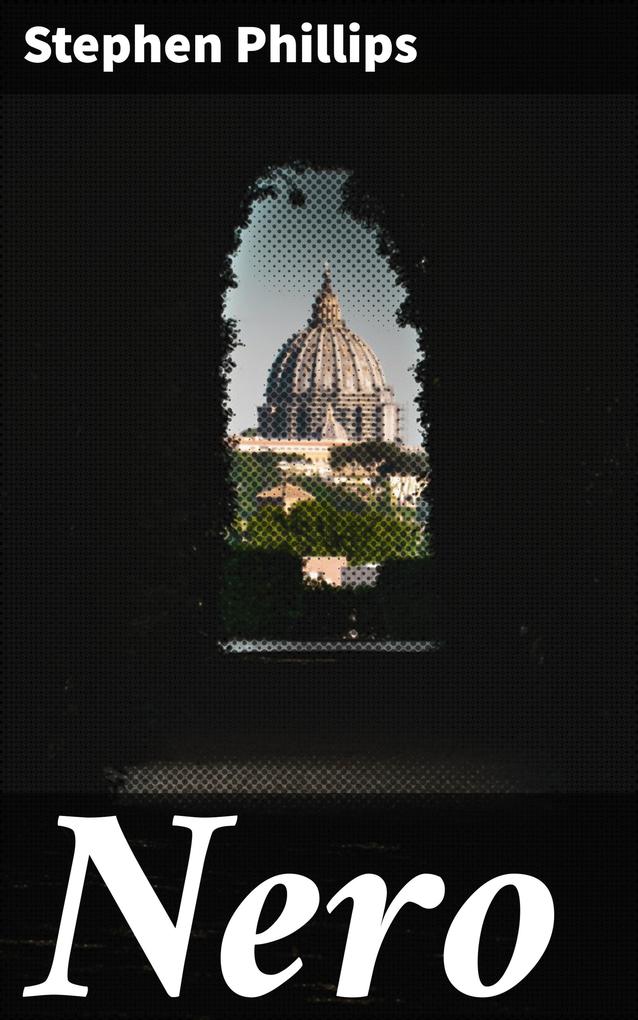In "Nero," Stephen Phillips crafts a rich tapestry of historical fiction that immerses readers in the life of one of Rome's most infamous emperors. Phillips employs a lyrical and evocative prose style that reflects the grandeur and decadence of the Roman Empire while intertwining historical accuracy with imaginative narrative. The book delves into Nero's complex psyche, exploring themes of power, art, and the often blurry line between tyrant and artist. Set against a backdrop of political intrigue, revolts, and cultural developments, it offers a multifaceted portrait of a ruler whose legacy remains contentious to this day. Stephen Phillips, an esteemed writer and scholar of ancient history, draws from his extensive research on Roman civilization to breathe life into this historical figure. His insights into the socio-political landscape of ancient Rome allow him to present Nero not just as a tyrant but as an individual shaped by ambition and societal expectations. Phillips's passion for the topic, combined with his expertise in the nuances of historical narrative, informs the intricate plot and character development throughout the novel. Readers interested in a thought-provoking exploration of historical darkness and creativity will find "Nero" a compelling addition to their literary collection. Phillips'Äôs narrative invites readers to reflect on the nature of leadership and the price of artistic genius, making it an essential read for anyone fascinated by the intersections of history, politics, and human psychology.












